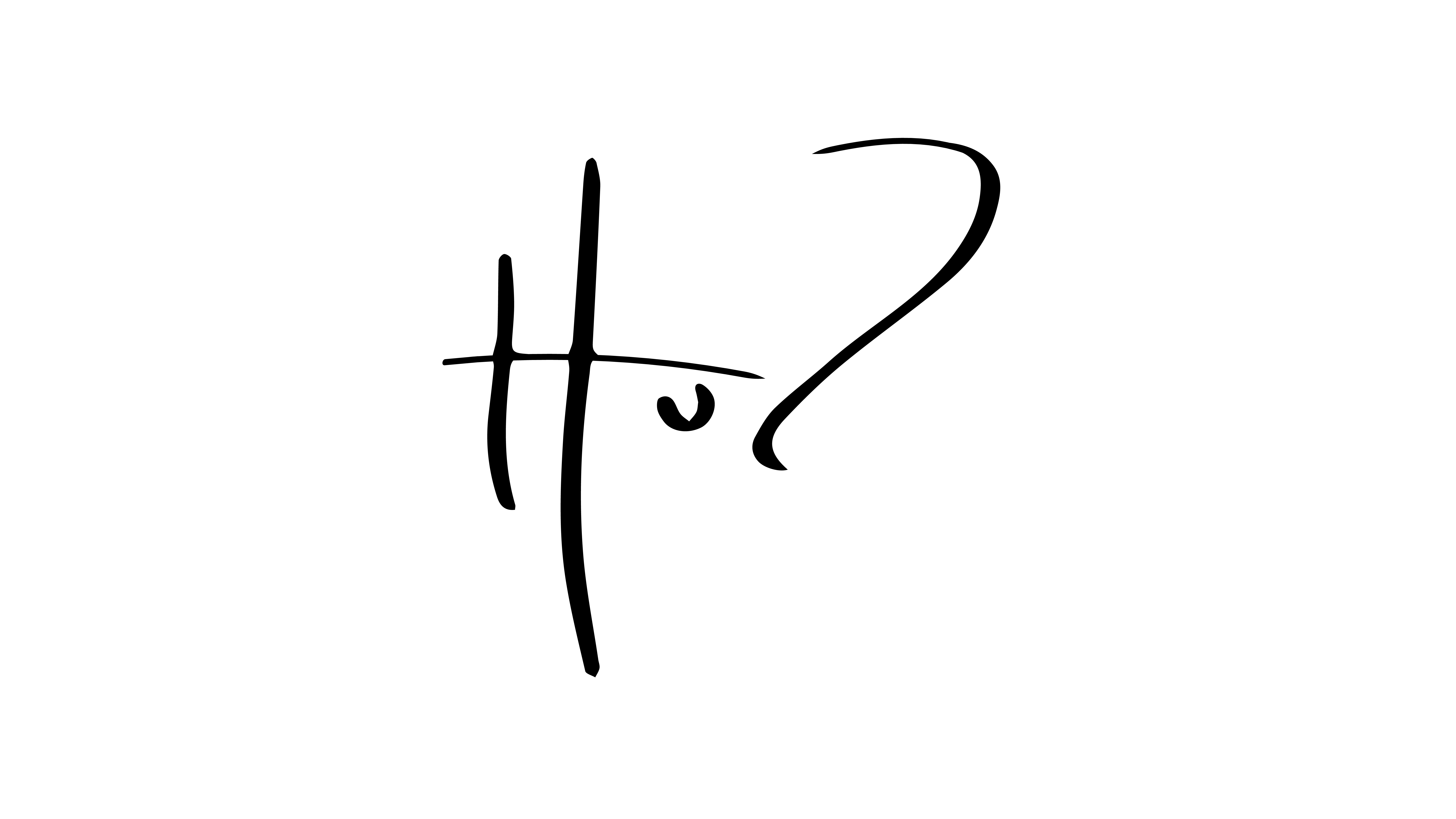After my late brunch I moved my chair to a solid patch of shade and browsed through the few snaps I had taken on the morning walk. One was of a calcareous flat, or pan, some five kilometres south of my camp. I had circled round to keep on the right side of the wind, and approached it from the West.
The pan was ringed by higher ground – not hills, more like ancient dunes that rose lazily above the even sweep of the Kalahari. As I caught my first glimpses of the pan, I made out some springbuck, at least, through the foliage.
Game often use the pans to rest in relative safety from predators – on the bare flats they can see any danger from some distance off. But they are typically nervous and watch the vegetation line carefully. If they caught as much as a hint of me, they would move off.
Near the pan edge the vegetation was shrubby and small, but higher up the slope it grew taller and denser with black thorn and raisin bush and sickle bush, and some taller hook thorn and camel thorn. I moved forward carefully, making use of the cover and constantly checking the wind.
The Kalahari sun was already merciless, but I found a cool patch in the sand under the low overhang of a hook thorn. It gave me a good view over the pan’s bleached grass surface, with its dark green smudges of flat shrubs quivering in the heat – the wind of the sun, as an old tracker I once worked with in Mozambique, called it. It distorted the shapes of the animals, so that one became two, the gemsbok in the distance sometimes became ostriches, and the small herd of springbuck closer sometimes looked like gemsbok further off. Even the lone hartebeest bull, no more than two hundred metres away, at times dissolved into a bizarre dance.
He was gazing in my direction, but I could tell that he was unaware of me. The game was as relaxed as the open flat allowed them to be. Some were grazing, others lying down or just standing, dreaming.
I could see no other life, but when I carefully glassed the pan, I picked up some guiney fowl, a pair of huge kori bustards, and a secretary bird. The koris are impressive creatures – the world’s largest flying bird, probably – but it was the secretary bird that kept my twin lenses captive.
Its bearing was proud and upright, its long stride exact, undisputable. Its headdress of black feathers quivered lightly with its stride and the quick, precise tilts of its head. Its neck was curved in a graceful S, so that the red-edged eyes stared down on those lesser creatures that crawl the earth and may be deigned prey.
It was far, alone on the sunbaked flat. It lived like that, fiercely, alone, sufficient unto itself, in this harsh land. It was careful, deliberate, precise, focussed singularly on applying its experience, skill, instinct, strength and endurance to survive. It could not afford to make mistakes. Injury, or failure to claim every morsel this barren land offered, could mean death.
In an hour, or perhaps this afternoon, or perhaps when a black backed jackal approached to close, it would spread its wings and race into flight on those long legs. It would sweep up on the currents that rise from the hot earth and take the direction of its fancy – perhaps driven by instinct, perhaps by experience, perhaps by some knowledge of the habits of creatures it hunts. Or would it simply fly randomly, till it spotted something – some movement, a certain type of terrain, some patterns on the ground? Who could know its ancient logic?
In the late afternoon, with the sun’s death still flaming the skies, it would seek a tree and delicately lower itself onto the crown to spend the night in relative safety. And when the dawn’s pink begins to turn to orange it would lift off and fly, and land in a different place.
I felt a close affinity to it. Tomorrow I would walk alone – in a direction mostly dictated by the wind – and change it at will, and return to the vehicle, or not, and take a different direction the next day, or leave for a different place. We are both nomads, led by our urges, but also, often, by the needs of our survival – perhaps (for it too) by desires.
I had some gear from civilisation – rudimentary, even primitive by some standards – back at my vehicle, and I could rely on considerable intelligence in using them, but essentially, we are both imbedded inescapably in our environment. We both have to rely on attitude, knowledge and skills to survive. Any mistake that cause injury, or misapplication or oversight that cause damage or disablement of equipment could mean death to us.
“Brother, I wish I could invite you to join me in my cool patch of shade and we could sit and talk. I doubt that I would be able to tell you anything of interest, but oh, you could tell me a great deal – all the secrets of the veld that you know, and where you might go from here. And then, perhaps, you could lead the way, and perhaps you would find the patience to bear with my primitive earthbound progress until we reach a new place where nobody but you and I have ever been…”

